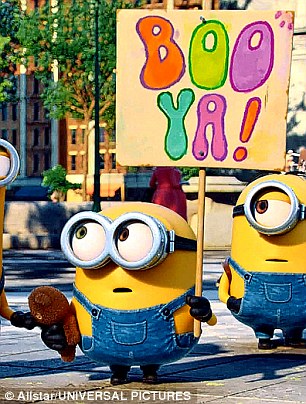However, this system does not apply to the bastards of smallfolk. At least one parent (usually, but not always, the father) has to be a member of a noble House. If both the father and mother are commoners, the child cannot use the special surname.
The low-born commoners of
Westeros do not actually use surnames at all. Therefore, possessing a bastard surname is simultaneously a mark of distinction and badge of shame. Anyone who encounters someone with a bastard surname will immediately know that they are not simply a bastard, but the bastard child of a noble.
Bastards only use the special surnames if they have been openly acknowledged by their noble-born parent. In such cases, their noble parent will usually try to make sure that they are well cared for, or send money for their support, but it is extremely unusual for a noble to raise their bastard child in their own household.



